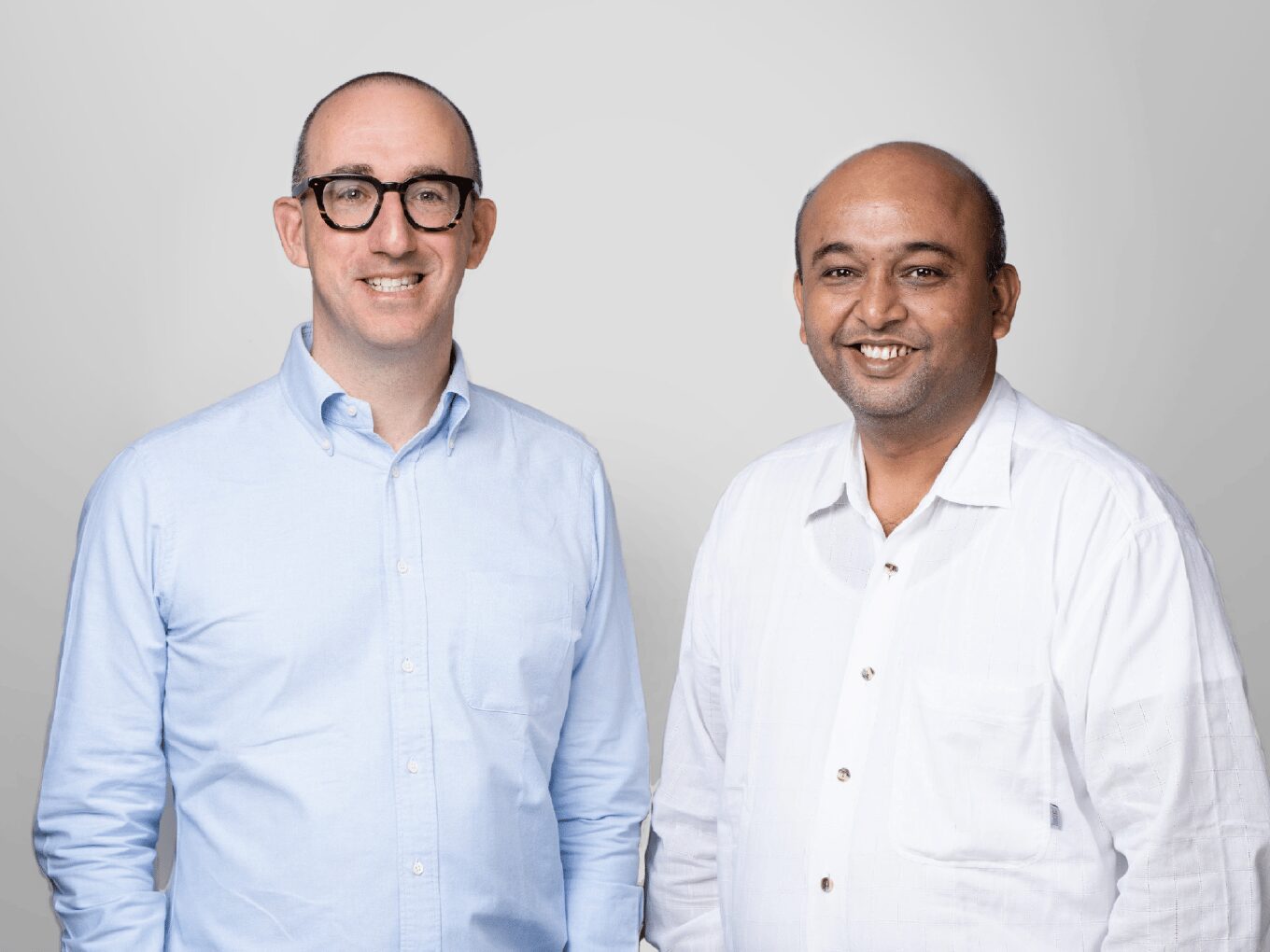Key Takeaways
- Agrifoodtech VC funding fell 37% in H1 2025, totaling $5.1 billion across 551 deals.
- Investors remain selective, focusing on capital efficiency and scalable business models.
- Large investments are shifting towards specific categories, with notable deals in cold-storage and food intelligence.
Continued Decline in Agrifoodtech VC Funding
Agrifoodtech venture capital funding has seen a significant decline in the first half of 2025, continuing a downward trend that began after a brief stabilization period in 2024. Data from AgFunder reveals that startups in this sector raised just $5.1 billion over 551 deals in H1 2025, representing a 37% decrease compared to the same period last year, which recorded $8.1 billion across 1,187 deals. This marks the lowest total for first-half agrifoodtech funding since 2015.
Historically, investment in agrifoodtech rose significantly, reaching peaks during the pandemic years of 2020–2021. However, the sector has faced increasing challenges as investor focus has shifted predominantly toward AI, which attracted over $100 billion globally in 2024. This trend has left many sectors, including agrifoodtech, struggling to secure capital as venture capital (VC) continues to flow toward perceived high-growth areas like AI.
Rob LeClerc, a founding partner at AgFunder, explains that this shift is part of a broader trend where industries outside defense and robotics are falling out of favor with investors. Persistent economic instability, geopolitical tensions, and a challenging trade environment have compounded these issues.
Investors are urging founders to adapt to local dynamics and market needs, highlighting a trend toward building more streamlined and efficient companies. Darren Leong from Clay Capital indicates that while total funding may not return to previous highs anytime soon, the year 2025 will reward businesses that can effectively scale and provide measurable results.
The focus on capital efficiency is evident, with many founders opting for leaner teams and targeted product development that addresses clear market demands. Mark Kahn from Omnivore emphasizes that funding will lean toward ventures that enhance efficiency and scalability, particularly in areas such as agri-fintech and sustainable materials.
Despite this overall downturn, some categories are emerging as focal points for investment. H1 2025 saw notable large deals that propelled Midstream Technologies to the forefront, with UK-based Magnavale’s cold-storage operations raising over $600 million in one round, and packaging firm Diesco Industries securing $165 million.
Agricultural biotechnology, which was previously the top-funded category, has dropped to fourth place, with US-based Inari being the only company to secure a nine-figure round in this sector. Other categories like farm robotics and innovative food are also experiencing downward trends, showcasing the overall challenging funding climate.
As the landscape evolves, Antony Yousefian from TheFirstThirty VC suggests that the restructuring within agrifoodtech is nearly complete, with an influx of specialists in life sciences replacing generalists. This shift signals a growing interest in human health outcomes, potentially paving the way for renewed investment opportunities as the sector stabilizes.
The trajectory for agrifoodtech remains uncertain, but the emphasis on adaptability and efficiency indicates a potential for recovery as investors seek out ventures that align with current market conditions and technological advancements.
The content above is a summary. For more details, see the source article.















